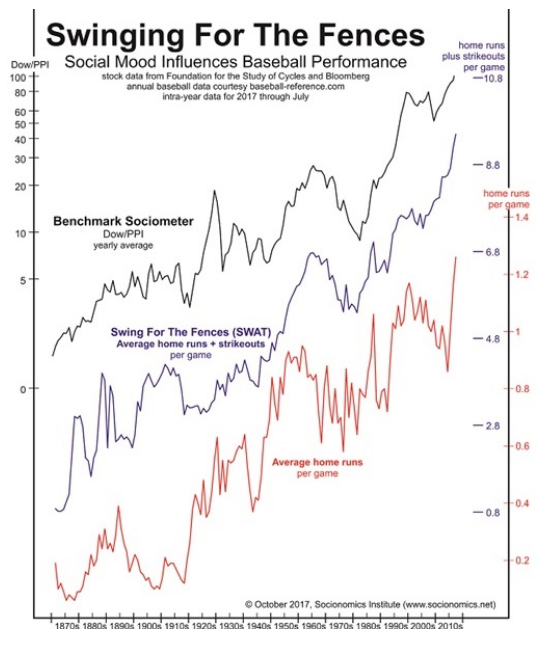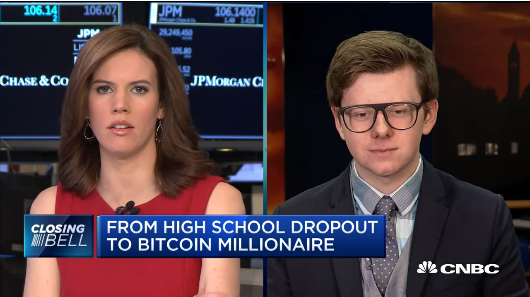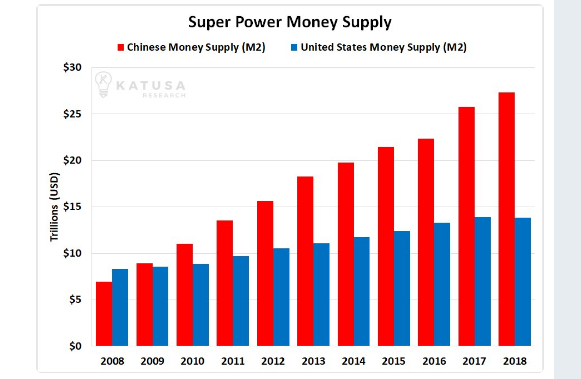Does Game 5 Signal the Top?
Until this morning I was blissfully ignorant of last night’s World Series game and its cascade of home runs. The Astros and the Dodgers have combined for 22 home runs, a world series record, and still have a game or two to play. Eric Stephen writes for SBNation, “It’s only fitting that in a year that saw Major League Baseball set a record with 6,105 home runs— 7.2% more than the previous record, set in 2000 — the World Series would have the most home runs, too.”
The other thing that happened in 2000 was a peak in the stock market. It turns out, home runs, strikeouts and a roaring stock market happen all at once. Alan Hall, Senior Analyst for the Socionomics Institute, wrote on CNBC, that it’s not a one year fluke. The three have tracked each other for 150 years.
Hall makes the point,
Most hitters and pitchers don't check stock tickers before swinging and flinging, and most stock investors don't check baseball stats before buying and selling. So what's the connection? The simplest explanation is that society's overall mood influences performance in both arenas.
On June 2nd this year more grand slams were hit in a single day (7) than any day in major league history. Pitchers through more immaculate innings (striking out the side with 9 pitches) than ever before.
As for game 5, Mike Axisa writes for CBS Sports,
Seven -- seven! -- home runs were hit in Game 5, which helped set several records. A recap:
14 different players have gone deep in the World Series, a new record.
22 total home runs have been hit in the World Series, a new record.
101 home runs have been hit in the postseason overall, a new record.
Three three-run home runs hit in Game 5, a new record.
The game lasted 5 hours, 17 minutes, putting a fine point on Hall’s observation, “Sports Illustrated and others have recently argued that the current deluge of home runs and strikeouts is a problem because it makes for a longer, boring game. One can almost hear the passion fading and the psychology shifting.”
So don’t believe that Game 5 is an indication of the shape of things to come. It likely reflects a peak in social optimism that will begin to head the other direction. Hall writes,
Positive mood produces optimism, confidence and stock market advances. Negative mood produces pessimism, fear and stock market declines. The same seems to be true for baseball performance.
Now we move to Game 6 and beyond. Does the negative mood that put Trump in office, Harvey Weinstein, and now Kevin Spacey on society’s hit list, become reflected by the stock market and baseball?






